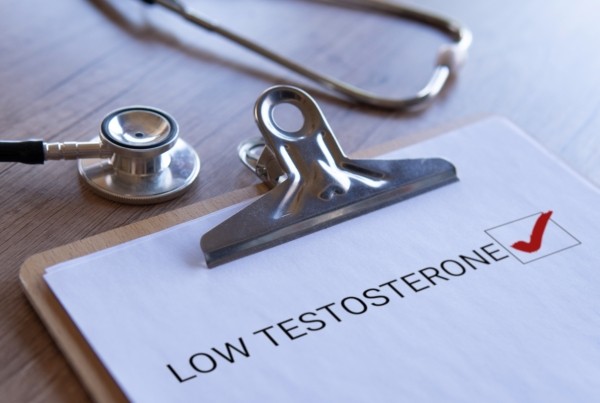You’ve just booked an appointment with a urologist and are ready to learn more about your fertility and treatment options. Ahead of your first visit, it’s important to gather relevant information about your medical history, symptoms and your concerns. It also helps to compile a list of questions to ask the urologist – the answers will help you make more informed decisions about your reproductive health.
What does a first urologist visit look like?
At your first appointment, the urologist will review your medical history and go through any testing or treatments you have already completed. They will also carry out a physical exam, including a genital exam and prostate assessment. You can either book a sperm analysis directly through your doctor or urologist or test your sperm in advance with the Yo At-Home Sperm Test. The test measures your motile sperm concentration and reports a quality score. It also records a live sperm video which you can share with your urologist.
Questions to ask your urologist about male fertility
It’s normal to feel a little apprehensive ahead of your appointment: compiling a list of questions you want to ask will help you feel more prepared and in control. Here are some questions to consider asking:
- What are the potential causes of my symptoms?
- What does the typical diagnostic process look like? What tests or procedures might be necessary for my case?
- Are there any lifestyle changes I should make before these tests or procedures?
- What are my treatment options? What are the risks and benefits associated with this treatment?
- What are the average success rates for cases similar to mine? How long will it take to conceive (if this is in your future plan)?
- Is there anything I can do to improve my condition – any dietary or lifestyle changes?
- Are there any alternative therapies I can try? What about complementary therapies – can I do anything else to ensure that treatment is successful?
- How long does the treatment take and what side effects can I expect?
- Will I need to make any lifestyle changes during treatment?
- Are there any restrictions on medication, over-the-counter drugs or supplements I should be aware of?
- When can I start treatment?
- What is the cost of treatment, is it covered by insurance?
- How frequently should I schedule follow-up appointments?
- How can I best reach your office if I have any additional questions or concerns after this appointment?
If you’re dealing with an infertility diagnosis, consider asking if there are any support groups or resources available for patients with a similar condition. Of all infertility cases, approximately one half are due to a male factor issue, so you’re not the only one navigating this. Having support on your journey is very helpful as you deal with the emotional impact of it all.
As you prepare for your urologist appointment, remember to be open and honest about your symptoms, concerns and medical history. They have truly seen it all; this is, after all, what they do for a living. The more information you provide, the better your urologist can understand your situation and map the best way forward for you.







